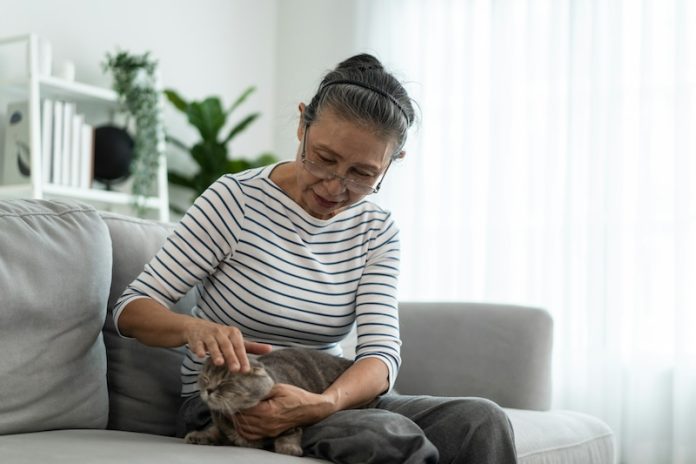

A study from the University of Michigan has found that over 75% of older adults with dementia may not know they have the condition. Among Mexican Americans, this number rises to 85%. This group is the largest within the Hispanic and Latino population in the United States.
The research focused on residents of Nueces County, Texas. Most participants were identified as likely having dementia based on cognitive tests, but less than 7% of them lacked a primary care doctor. This shows that not having regular access to a doctor is not the main reason they are unaware of their diagnosis.
Dr. Lewis Morgenstern, one of the lead researchers, explains why this is a big issue. “If people don’t know they have dementia, they miss out on treatments and services that could make their lives and their caregivers’ lives easier,” he says.
A diagnosis allows patients to access proper care and support. Without it, valuable opportunities to improve their quality of life are lost.
Surprisingly, the study found no connection between having a primary care provider and being aware of a dementia diagnosis. The problem may lie in how doctors handle the situation. Sometimes, doctors hesitate to diagnose dementia or discuss it openly.
This could be because they feel they don’t have enough time to conduct proper tests, or they might not have specialized training in dementia care. Other times, they may be uncomfortable bringing up the topic unless the patient or their family mentions memory issues first.
Josh Martins-Caulfield, a co-author of the study, believes this hesitation is common. “Doctors might avoid diagnosing dementia because they aren’t sure how to approach it or because it’s difficult to deliver such news,” he says. Many doctors wait for patients or family members to take the lead in raising concerns.
This problem isn’t new. Previous research has shown that most older adults in the U.S. who likely have dementia either haven’t been diagnosed or don’t realize they have it. A 2018 report highlighted that Hispanic and Latino adults are particularly likely to remain undiagnosed.
Dr. Morgenstern emphasizes the importance of cultural sensitivity in healthcare. He points out that dementia is often stigmatized, which makes conversations about it even harder.
Doctors need to be culturally aware and sensitive to the beliefs and challenges faced by different communities when addressing such a difficult diagnosis.
Interestingly, the study found that even when caregivers were aware of their loved one’s dementia diagnosis, it didn’t make their caregiving responsibilities feel any lighter.
In fact, the diagnosis often adds to the emotional and practical burden. Caregivers are suddenly faced with managing daily care, making decisions, and taking on new responsibilities.
Dr. Darin Zahuranec, another researcher on the team, explains, “Caring for someone with dementia can be incredibly challenging, especially when caregivers are also juggling their own families and personal lives.”
He stresses that effective care isn’t just about providing a diagnosis—it’s also about offering emotional support and guiding caregivers to resources that can help them.
Analysis and Insights
This study sheds light on a critical gap in dementia care: the lack of diagnosis awareness among patients. The findings suggest that even when healthcare is accessible, systemic issues such as doctors’ hesitation and stigma around dementia prevent many from understanding their condition.
This is especially true for marginalized groups like Hispanic and Latino communities, who face cultural and social barriers to receiving proper care.
Another important insight is that simply diagnosing dementia is not enough. Caregivers need more support, both emotionally and practically, to manage the heavy responsibilities that come with this condition.
The study highlights the need for better doctor-patient communication, culturally sensitive care, and accessible resources for families. Addressing these gaps could improve outcomes not just for patients but also for their caregivers.
If you care about brain health, please read studies about how the Mediterranean diet could protect your brain health, and Omega-3 fats and carotenoid supplements could improve memory.
For more information about brain health, please see recent studies about antioxidants that could help reduce dementia risk, and higher magnesium intake could help benefit brain health.
The research findings can be found in the Journal of General Internal Medicine.
Copyright © 2025 Knowridge Science Report. All rights reserved.









Leave a Comment